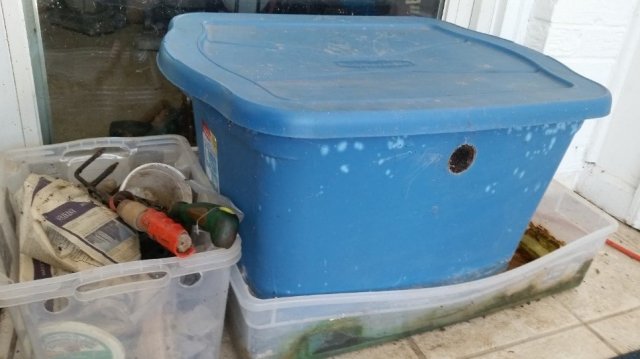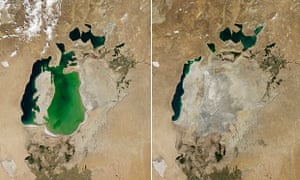Why are Mangrove Forests so Eco Friendly?
 |
| Mangrove Forest |
That's easy to answer. They are a coastal ecosystem. Take a look at the list below. Basically they battle climate change on many fronts.
1) They absorb 5 times more carbon dioxide and store it in the ground as blue carbon, than the arboreal rain forest.
2) They can grow on the shores of the sea and river estuaries, because they can tolerate saltwater.
3) They are a natural barrier to tsunamis, as they can minimise the height of the waves hitting the land behind them.
(It has been estimated that 5 miles of forest, can reduce wave damage by 95%.
4) They encourage all types of biodiversity of wild life and aquatic life to live amongst them, providing much needed opportunities for the people living next to them.
I first saw a mango and tasted the salt from it's leaf when I was in Egypt 5 or 6 years ago. I didn't then understand how significant their role was and is to the entire earth, not just their local communities.
Where are Mangrove Forests Found?
Mangrove wetland forests are found in the tropics and subtropics where weather conditions are harsh with levels of high salinity and lots of mud.
Over the last 2 decades over 35% of mangrove forests have been lost through changing the land for agricultural use, large scale shrimp farms or for property development. But when you cut down the mangroves you destroy your natural defenses against the sea. Your land becomes more susceptible to damage from storm surges and tsunamis. This type of damage can completely destroy lives, property and once sea water enters agricultural farming areas the land becomes barren.
On the Ganges delta they are having a race against time to save some of their islands, many of which have had massive land loss, and some of the islands have been completely submerged by the sea. Many small agricultural lands have been lost. Many people have been displaced. Even hospital and school services, and some agricultural farming are now carried out on board ships because the land damage is so severe.
They are fighting back along with many other countries. They have developed mangrove nurseries, off site to grow mangrove trees and harden them off before planting them in the saline mud when they are 4 months old. These new trees are literally being planted by the millions Some panting schemes have worked, and some haven't. The one's that haven't is because mono-planting has been carried out instead of using a diversity of the 3 major varieties..
As far back as 2011 a mangrove nursery manual was created by Guyana and Europe to help to successfully build new forest areas and regenerate areas that been cut down.
Affects of Climate Change
 |
| Mangrove Tree |
Sea levels are rising and seas are becoming warmer. Even as far back as 2011, it was noted that the Arctic sea ice was shrinking because of climate change.
In Florida mangroves are now being seen in areas further north than they were traditionally, because of the effects of warmer areas further north. Also mangroves are protected in Florida, a person cannot cut them down or take them out. Specialised tree surgeons, who have a license to work with mangroves, are the only people allowed to work on them, and they can only cut the trees down to a maximum of 8ft.
If we can stop the loss of mangrove forests, and continue to create them, then the planet will have a much better chance of fighting global warming.
News of a wonderful project in Thailand is showing what great benefits and opportunities can occur when reclaiming lands and turning them back into mangrove forests when all the community get involved.
Mangrove Forests are Legacy for the Health of the Earth
 |
| mangrove in flower |
Mangrove forests are essential to the health of the planet, and careful management is required to ensure their survival.
Mangroves provide building materials, a human food source as well as a magnificent ecosystem for other wildlife and fish. They provide protection against devastating damage caused by storm surges and they can provide a good quality, sustainable life for those communities who live amongst them.
As people we need to stop being takers and start to be givers because the more we give back to the earth and others, ultimately leads to the more we all have given back to us to take.










